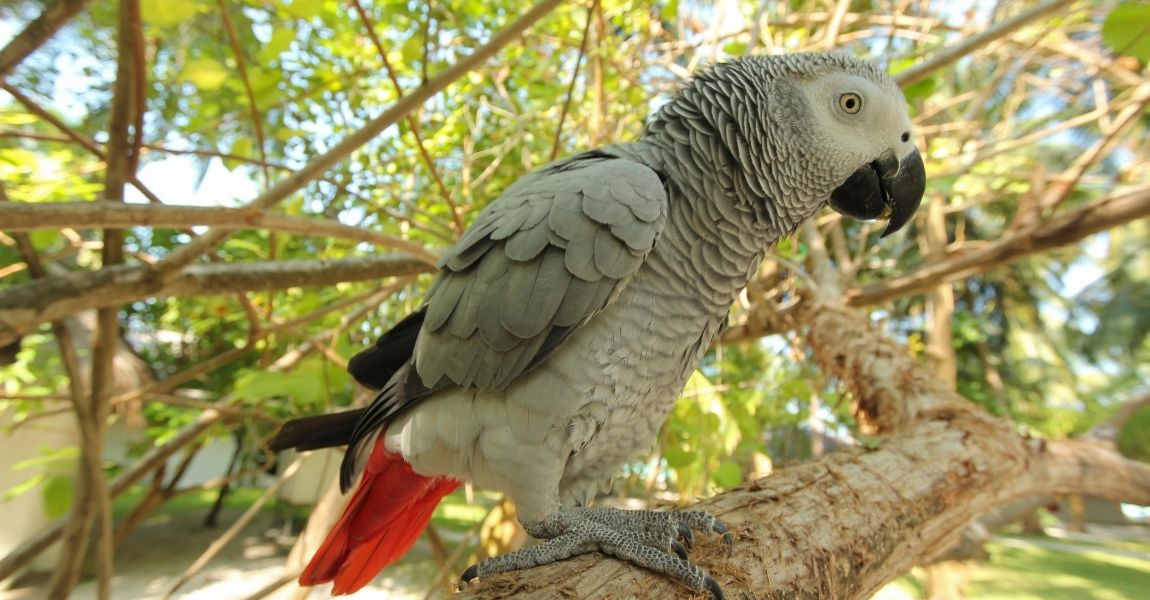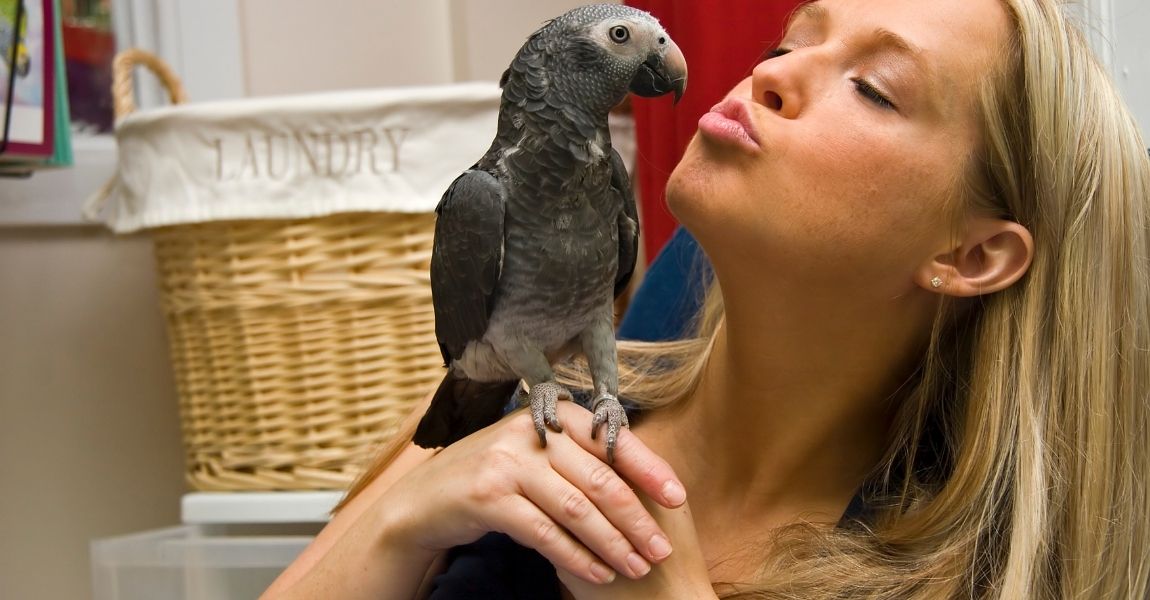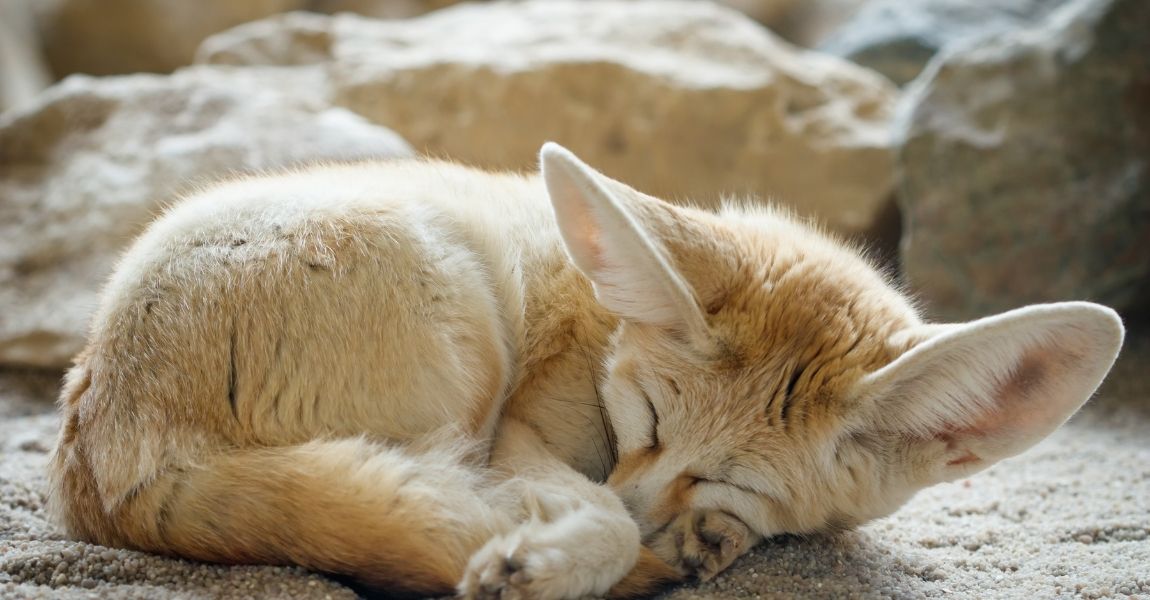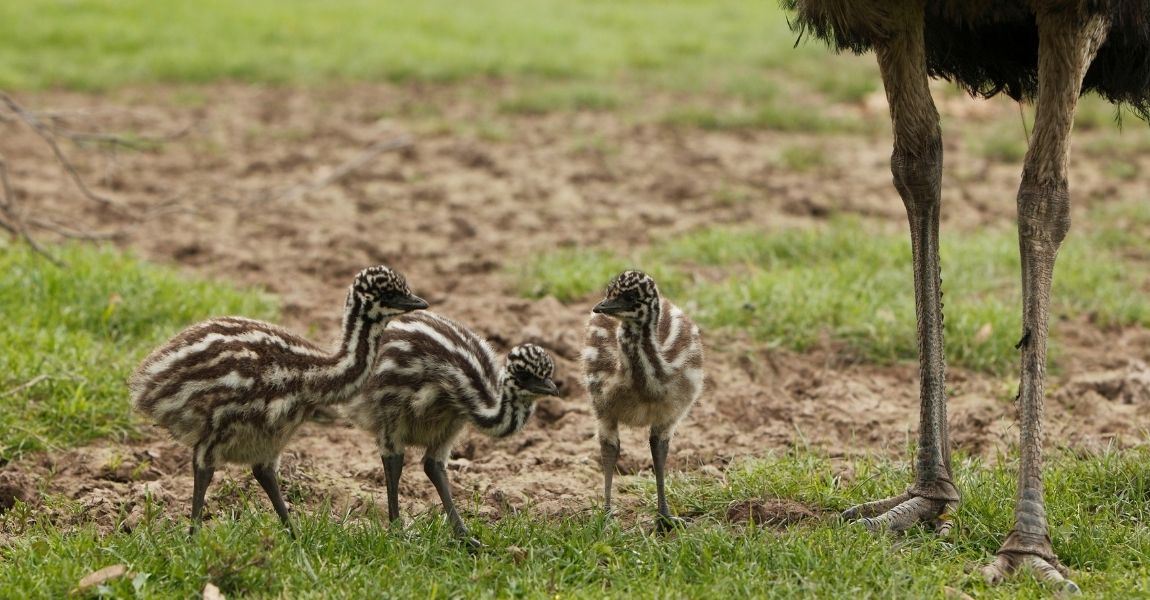Winter Ideas for Your Pet African Grey
Create a Cozy Environment:
As temperatures drop, it's important to provide your African Grey with a warm and comfortable living space. Place their cage away from drafts and cold windows. Consider using a cage cover or adding extra blankets to create a cozy atmosphere. Maintaining a stable temperature will help your pet feel secure and content.
Adjust the Diet:In colder weather, African Greys may require slightly more calories to maintain their body temperature. Consult with your avian veterinarian to adjust their diet accordingly. Incorporate warm and nutritious foods into their meals, such as cooked grains, vegetables, and fruit. A well-balanced diet will provide them with the necessary nutrients to stay healthy throughout the winter season.
Increase Mental Stimulation:With limited outdoor time, it's crucial to keep your African Grey mentally stimulated. Introduce new toys, puzzles, and foraging activities to their environment. Rotate their toys regularly to keep their curiosity piqued. Puzzle feeders and treat-dispensing toys can engage their problem-solving skills and provide entertainment during the colder months.
Maintain Social Interaction:African Greys are highly social creatures and thrive on social interaction. Spend quality time with your pet by engaging in interactive play sessions, training exercises, or simply talking to them. Offer them companionship and mental stimulation, as it is vital for their emotional well-being. Additionally, consider arranging playdates or visits with other African Grey owners to provide socialization opportunities.
Offer Indoor Exercise:Although African Greys are primarily indoor pets, it's important to provide them with opportunities for physical exercise during the winter. Create a safe and designated space for them to stretch their wings and explore. Set up bird-safe play gyms or perches where they can climb, hop, and play. Supervised out-of-cage time is crucial for their physical health and mental enrichment.
Provide Sunlight and Vitamin D:In the winter months, access to natural sunlight is limited. Ensure your African Grey receives sufficient exposure to sunlight or provide them with full-spectrum lighting designed for birds. Sunlight or appropriate lighting is essential for their overall well-being and helps maintain their Vitamin D levels, which is important for bone health and mood regulation.
Maintain Routine and Structure:Sticking to a consistent daily routine can provide your African Grey with a sense of stability and security. Keep their daily schedule as close to normal as possible, including regular feeding times, play sessions, and sleep patterns. Maintaining a predictable routine helps them feel comfortable and reduces stress.
Seek Professional Advice:If you notice any changes in your African Grey's behavior or health during the winter, consult with an avian veterinarian. They can provide specific guidance based on your pet's needs and address any concerns you may have.
Remember, each African Grey is unique, and their preferences may vary. Observe your pet closely to understand their individual needs and adapt accordingly. By providing a warm, stimulating, and nurturing environment, you can ensure your African Grey thrives even during the winter season.





